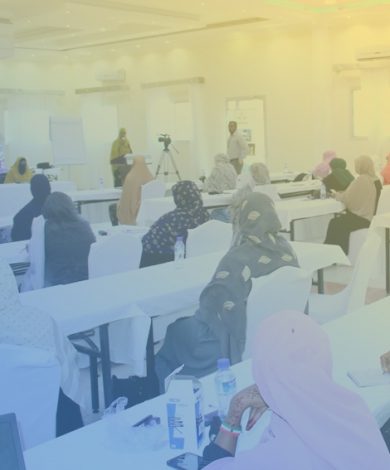In Somaliland, a woman’s right to own property was not understood due to historic and traditional norms. It was also the norm that men go to work whilst the women remain at home. However, in the aftermath of the 1988-1996 civil wars, many of the men suffered post conflict stress disorders which lead them to madness or to become unable to provide for their families. As a result, women had no choice but to become the main breadwinners for their households.
Hundreds of mothers took the responsibility of managing their respective family’s finances. Likewise, many men became heavy qat (drug) chewers which caused them to be absent from home for long periods during the day and night. And again, it was the mothers who took the lead without the presence of fathers.
Over the years, women’s right to own property has drastically improved to an extent. For example, today many women run successful possess businesses, but the traditional dogma is still there.
Nagaad began to provide small grants for women’s business start-ups and women’s self-help groups in order to provide women with skills training such as sewing and tailoring. This has contributed to an improvement in their economic status and has enabled them to feed their children and thus improved their wellbeing, and access to financial management courses for women’s better business management.
Moreover, advocacy strategies for just economic policies and legislation on women’s economic/property rights continue. Although, some relevant polices have been developed or revised, but it has not yet been put in to full practice.

